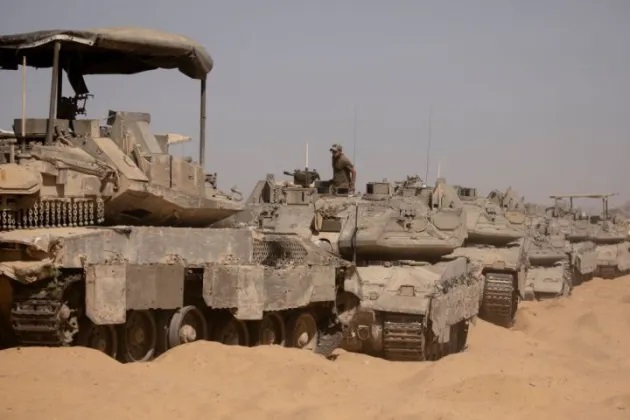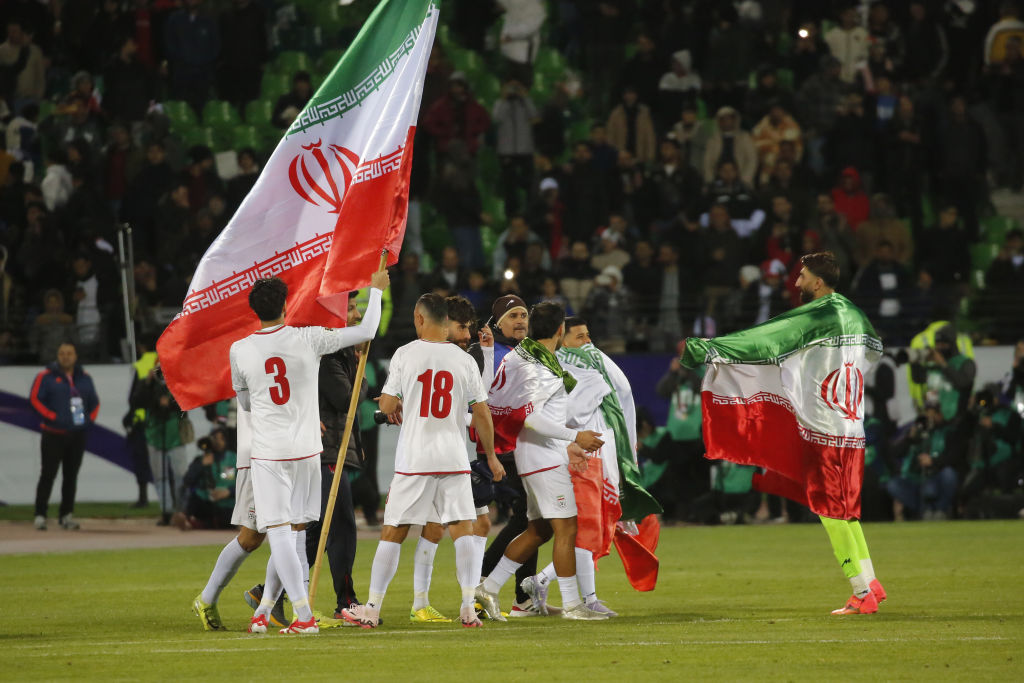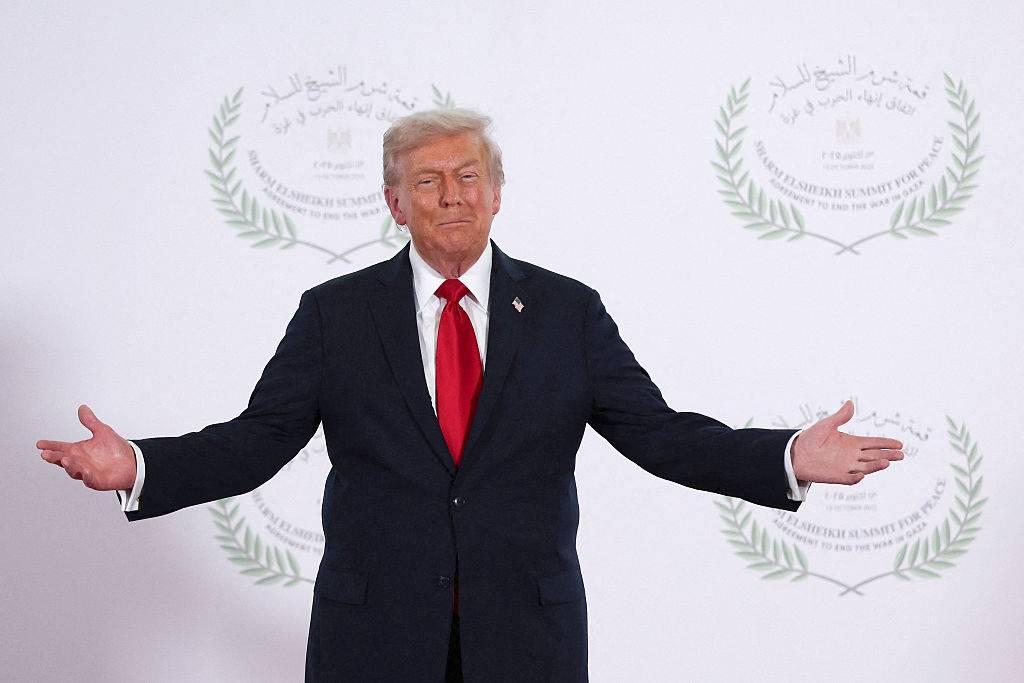As last week drew to a close, it seemed that the intense efforts of Egyptian and American mediators might result in a ceasefire deal between Hamas and Israel being reached. Then on Saturday, a “high ranking source in the Israeli government” announced that Israel would invade Rafah whether a deal was reached or not, meaning an agreement would only delay an operation into Hamas’s last stronghold.
In response, Hamas hardened their position. They demanded further guarantees from mediators that the deal would lead to a permanent ceasefire allowing the terrorist organization to keep control over Gaza and to continue attacking Israel.
Israel cannot allow Hamas to keep control of Gaza and to continue to attack Israelis
Yesterday, negotiations collapsed with both sides blaming each other. It’s entirely possible that Hamas never intended to sign a deal with Israel. They may have been relying on Israeli prime minister Benjamin Netanyahu to do what he usually does — self-sabotage — so they could blame him when the negotiations collapsed. He played right into their hands.
Israeli defense minister Yoav Gallant issued a statement shortly afterwards that an operation in Rafah will happen “in the very near future.” To make matters worse, Hamas launched a barrage of rockets at the Kerem Shalom crossing, where humanitarian aid goes into Gaza, from Rafah, killing four Israeli soldiers and injuring eleven others.
Hamas is extremely worried about an operation in Rafah, but is hoping that Israel will refrain from launching one due to international, and particularly American, pressure. President Biden has warned Israel against an operation in Rafah, saying there would be “consequences.” It seem that those consequences are already in motion: Biden reportedly delayed an arms shipment to Israel last week, possibly to put pressure on Netanyahu to accept a ceasefire deal.
This should concern Israel. The country has relied heavily on American aid, including continuous shipments of arms. A report by Israel’s finance ministry shows that hal of all defense deals associated with the war in the last quarter of 2023 were made with American suppliers. If Biden places restrictions on that aid, it’s unlikely that Israel can make up for the loss of American support from a different source.
The main point of contention in ceasefire negotiations is Hamas’s insistence that a deal has to bring an end to the war. Israel’s position is that it can live with a temporary ceasefire, but that fighting will have to resume in order to defeat Hamas. Israel cannot allow the organization to keep control of Gaza and to continue to attack Israelis, as it has vowed to do. The October 7 attack made it clear that this is a threat that has to be eliminated, or at the very least reduced to an acceptable level.
To achieve this, Israel has to tackle Hamas in Rafah. Israel has been preparing for the operation by establishing humanitarian quarters for Palestinian civilians to stay in during the fighting. There, they will be able to receive aid, shelter and medical services. Israel is now calling on civilians in Rafah to leave certain areas for their own safety.
Informing Hamas of roughly when and where they will be hit is likely to make things harder for the Israeli Defense forces (IDF). But having a high number of civilian casualties will draw criticism from Israel’s allies and risks isolating Israel even further. Despite its reputation, the IDF doesn’t seek to harm civilians and employs extensive methods to reduce civilian casualties regardless of outside pressure.
So far, it seems that no mediator is capable of placing enough pressure on Hamas to reach a ceasefire agreement, leaving only the military option on the table — for now. The IDF’s call for civilians to evacuate a specific part of Rafah could indicate that the initial operation may be limited — an attempt to pressure Hamas into a deal that’s acceptable for Israel, and to ease American concerns.
On Sunday, Jews marked Holocaust remembrance day. The saying “never again” has received a renewed meaning as Israel fights enemies that wish to annihilate it and Jews suffer an immense rise in worldwide antisemitism and threats against their safety. Israel is committed to fight on, and hopes its allies will support, rather than obstruct, its efforts.
This article was originally published on The Spectator’s UK website.


























Leave a Reply